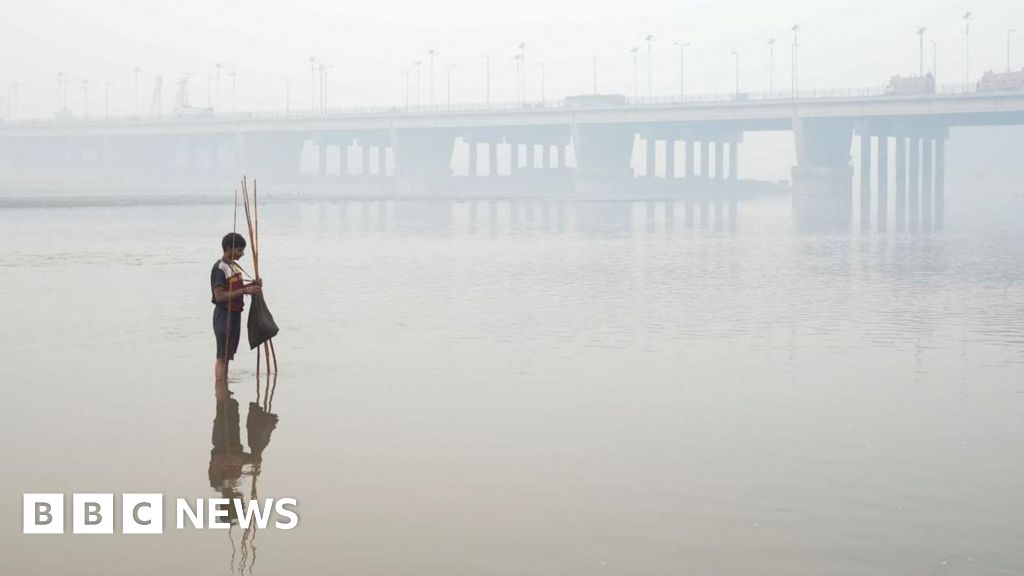ARTICLE AD BOX
Watch: Latvian MP Rihards Kols swore at the Russian delegate and other members walked out in protest
The UN General Assembly has voted overwhelmingly to approve a resolution condemning Russia's invasion of Ukraine.
It called for the withdrawal of troops from Ukraine and a halt to fighting.
141 nations voted in favour of the motion, with 32 abstaining and seven - including Russia - voting against.
The vote came after a large number of delegates walked out during a Russian address at a parliamentary session of the European security body in Vienna.
The Organization for Security and Co-operation in Europe (OSCE) walkout and the UN vote came a day before the first anniversary of the invasion.
The UN vote called for peace as soon as possible.
The resolution reaffirmed support for Ukraine's "sovereignty" and "territorial integrity," rejecting any Russian claims to the parts of the country it occupies. In September, MPs in Moscow voted to illegally annex four regions of Ukraine.
The UN also demanded "that the Russian Federation immediately, completely and unconditionally withdraw all of its military forces from the territory of Ukraine within its internationally recognized borders," and called "for a cessation of hostilities".
The measure is not legally binding, but holds political weight.
While the resolution was passed overwhelmingly by the majority of nations, there were some notable abstentions.
China, India, Iran and South Africa were among the 32 countries to abstain in the vote.
The seven countries who voted against were Russia, Belarus, North Korea, Eritrea, Mali, Nicaragua and Syria.
Ukrainian Foreign Minister Dmytro Kuleba said the vote "made it clear that Russia must end its illegal aggression. Ukraine's territorial integrity must be restored".
"One year after Russia launched its full-scale invasion global support for Ukraine remains strong," he tweeted.
Earlier at the OSCE in Vienna, the decision to give visas to the Russian delegation caused anger.
Ukraine and Lithuania boycotted the session entirely over Austria's decision to invite officials from Moscow, despite some being under EU sanctions.
The Austrian government said it was obliged to do so under international law because the OSCE has its headquarters there.
Latvian MP Rihards Kols described the Russian presence as the "elephant in the room", adding it was a "disgrace" that they were allowed to take part.
A large number of delegates then staged a walkout during the Russian address.
The Russian delegate, Vladimir Dzhabarov, derided delegates for walking out, repeating false claims that Russia's invasion of Ukraine is a battle against nationalists and Nazis who Moscow claims are leading the Kyiv government.
The OSCE was founded in 1975 to improve relations between the Western and Eastern blocs. Its current members include members of Nato and allies of Russia.
President Vladimir Putin sent up to 200,000 soldiers into Ukraine on 24 February 2022 in the biggest European invasion since the end of World War Two.
The devastating war that ensued has left at least 7,199 civilians dead and thousands of others injured, according to a UN estimate, with the real number likely to be much higher.
WATCH: UN Chief condemns Ukraine war in special meeting

 1 year ago
16
1 year ago
16








 English (US)
English (US)